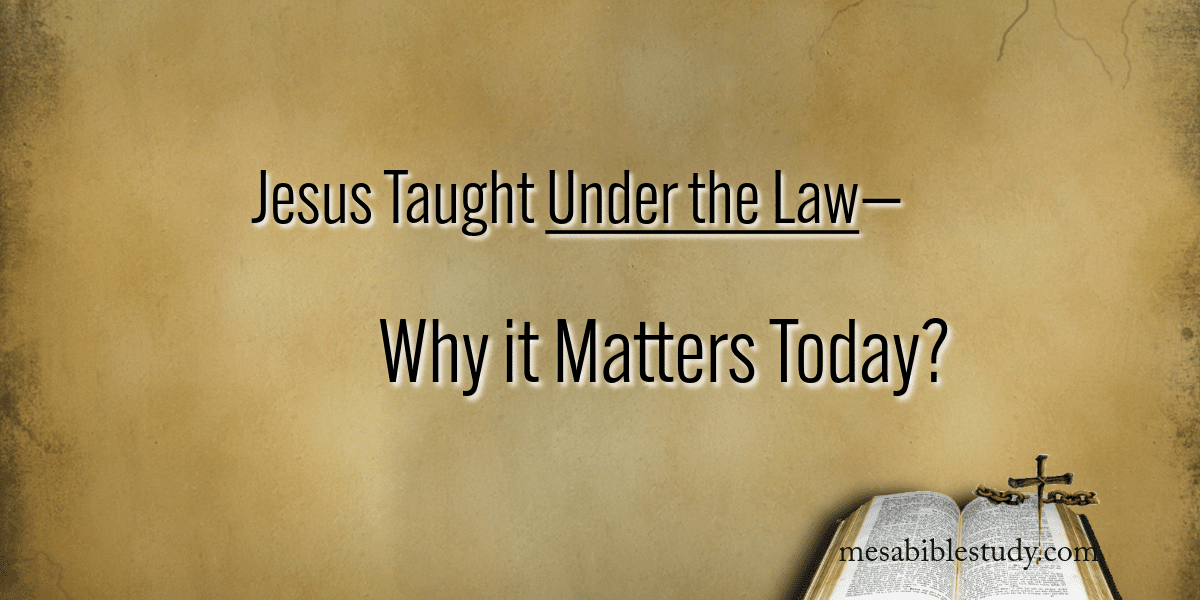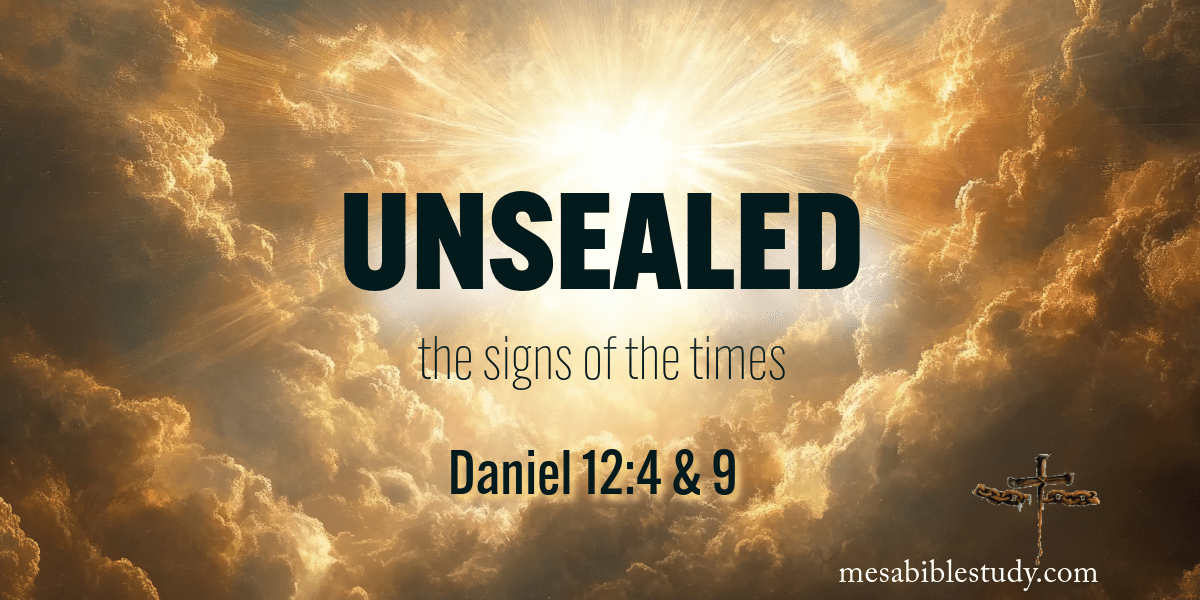If there were one verse that captures the very heart of the gospel, it’s this: “For He made Him who knew no sin to be sin for us, that we might become the righteousness of God in Him.” — 2 Corinthians 5:21 This verse contains the most glorious truth ever…
Daily Encouragement
9 Things God Does the Moment You Believe the Gospel
For Your Encouragement and Edification *“Eye has not seen, nor ear heard, nor have entered into the heart of man the things which God has prepared for those who love Him.” – 1 Corinthians 2:9 Have you ever stopped to truly consider what happens the…
Stand Fast in Freedom: Don’t Go Back to Legalism
“Stand fast therefore in the liberty by which Christ has made us free, and do not be entangled again with a yoke of bondage.” — Galatians 5:1 The book of Galatians isn’t a gentle letter. It’s a spiritual emergency flare. Paul is writing to Gentile…
Caught Up and Changed: The Blessed Hope of Every Believer
For Your Encouragement and Edification “For the Lord Himself will descend from heaven with a shout, with the voice of an archangel, and with the trumpet of God. And the dead in Christ will rise first. Then we who are alive and remain shall be caught up together…
✍️Philippians 1:11 — A Life That Brings Glory to God
Being Filled with the Fruits of Righteousness “Being filled with the fruits of righteousness which are by Jesus Christ, to the glory and praise of God.” — Philippians 1:11 The Apostle Paul’s letter to the Philippians opens with one of the most powerful prayers in…
Everything Jesus Said and Did Was Under the Law
For Your Edification and Encouragement ‘Now I say that Jesus Christ was a minister of the circumcision for the truth of God, to confirm the promises made unto the fathers:’ Romans 15:8 “But when the fullness of the time had come, God sent…
Unsealed—This Is the Time of the End! Daniel 12:4 & 9
For Your Edification and Encouragement Daniel 12:4, 9 | Matthew 16:1–3 | 2 Timothy 4 | Romans 1:18 “But you, Daniel, shut up the words, and seal the book until the time of the end; many shall run to and fro, and knowledge shall increase.” —Daniel…
Dead in Sin, Made Alive in Christ—Saved by Grace
Salvation is God’s work, not ours! We were dead in sin, but by faith alone in Christ’s finished work, He saves us. Believe the gospel and be saved!
Confident in God’s Work: A Promise for Every Believer
“Being confident of this very thing, that He who has begun a good work in you will complete it until the day of Jesus Christ.” – Philippians 1:6 A Promise We Can Trust The Apostle Paul didn’t waver when he penned these words (Holy Spirit inspired). He…
When Our Tent Is Taken Down – 2 Corinthians 5:1
‘For we know that if our earthly house, this tent, is destroyed, we have a building from God, a house not made with hands, eternal in the heavens. ‘ II Corinthians 5:1 Do you feel like your tent (your physical body*) is collapsing under constant…









